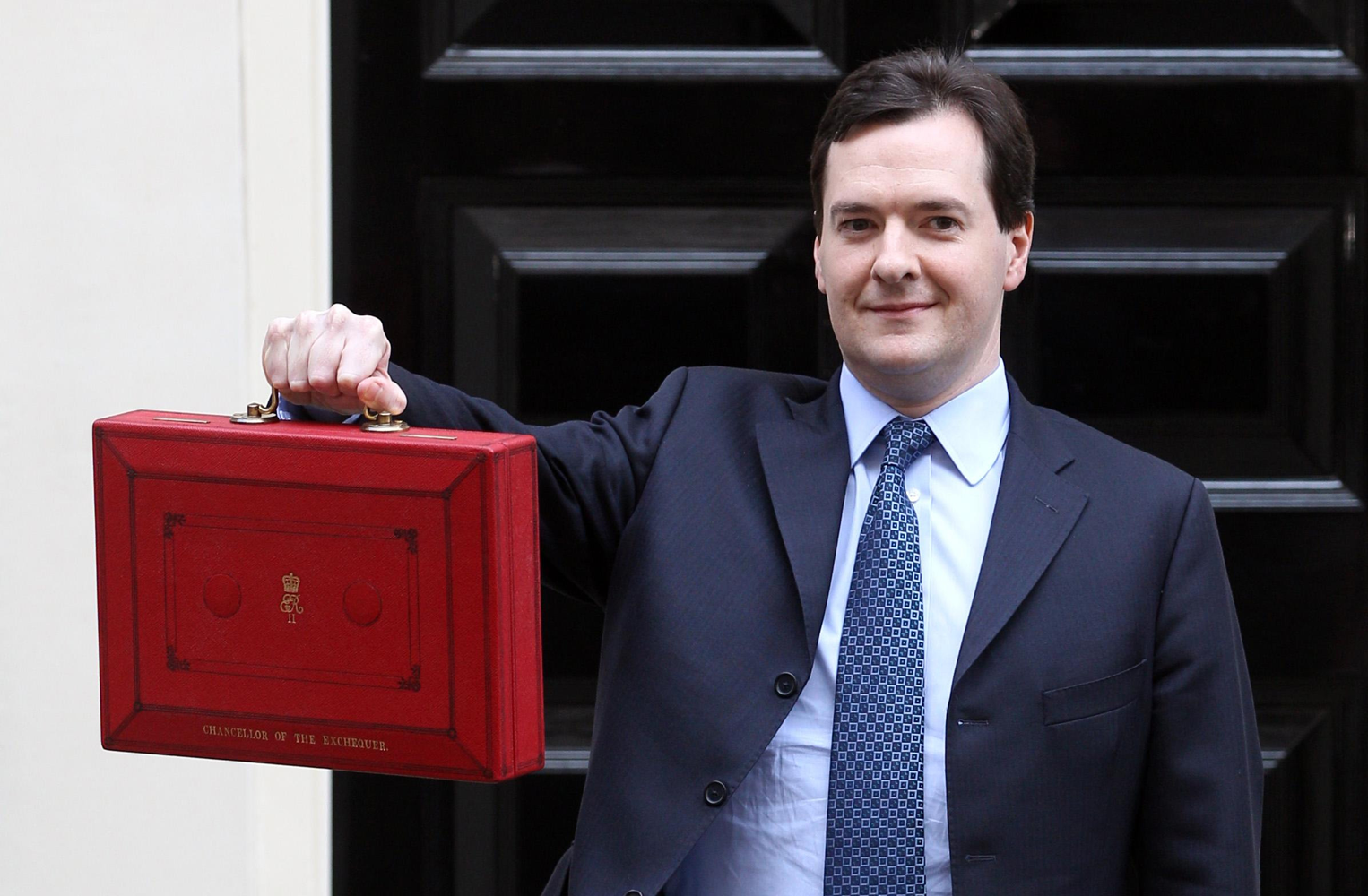Investing
Budget 2013: your ultimate at-a-glance guide

We’ve put together a brief run-down of all the key things to come out of the Chancellor’s fourth Budget.
Income tax
The threshold at which people start paying income tax is to be raised to £10,000 in 2014 – a year early – an increase in the threshold of £560.
State of the nation
The Office for Budget Responsibility (OBR) has forecast growth of 0.6% this year, half of what it said it would be in December. But the OBR predicts the UK will escape recession this year.
After that, growth is predicted to be 1.8% in 2014; 2.3% in 2015; 2.7% in 2016 and 2.8% in 2017.
Home-hunters
First time buyers wishing to buy a new home worth less than £600,000 is to be given assistance. As long as they have a 5% deposit, the government will stump up an extra 20% – repayable when the house is sold.
Help for business
Chancellor George Osborne announced that corporation tax will be cut by 1% to 20% in April 2015.
This, Osborne said, will make the UK’s corporation tax the lowest of any major economy in the world. The UK, he added, is “open for business”.
Elsewhere, the Chancellor said some 450,000 small firms will pay no employer National Insurance.
Osborne also said stamp duty on AIM shares will be abolished from next April, in a move which he said will benefit hundreds of small business in the UK.
The government will give capital gains tax (CGT) relief on sales of businesses to their employees.
Youngsters
The government confirmed it will consult on options for transferring savings held in child trust funds (CTFs) into Junior ISAs.
The move will offer a lifeline to six million children.
Junior ISAs were introduced in November 2011 as an attempt to encourage saving for children, following on from the abolition of CTFs at the beginning of that year.
Tax avoidance
The Isle of Man, Guernsey and Jersey are to enter tax information exchanges with the UK that will significantly increase the amount of information automatically exchanged on potentially taxable income, in order to identify and tackle evasion. The move aims to recoup £3bn in unpaid taxes.
Additionally, the government will remove the presumption of self-
employment for limited liability partnership (LLP) partners, to tackle the disguising of employment relationships through LLPs and counter the artificial allocation of profits to partners (in both LLPs and other partnerships) to achieve a tax advantage.
The measures, the government forecasts, will in total raise over £4.6bn in new revenue over the next five years.
Pensioners
As previously announced, the single flat-rate pension of £144 a week is to be brought forward a year to 2016. This will end contracting out of the State Second Pension, so that everyone will pay the same rate of national insurance contributions and build up access to the same single-tier State Pension
Cap on social care costs confirmed at £72,000.
The government has also pledged to make £5,000 ex-gratia payments to Equitable Life policyholders who were too old to be eligible for compensation payouts. The government is not obliged to do it, Osborne pointedly said, but it is “the right thing to do”.
Borrowing
Borrowing will be £114bn this year and is set to fall to £108bn, £97bn and £87bn in following years. The deficit has been cut by a third since May 2010.
Borrowing as share of GDP is to fall from 7.4% in 2013-14 to 5% in 2015-16.
Debt as a share of GDP will increase from 75.9% in 2012-13 to 85.1% in 2015-16.
Inflation
The 2% Bank of England target is to stay in place, the Chancellor said, though its remit is to be changed to focus on growth as well as inflation.